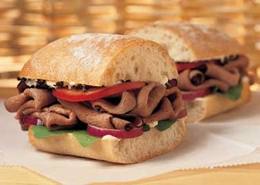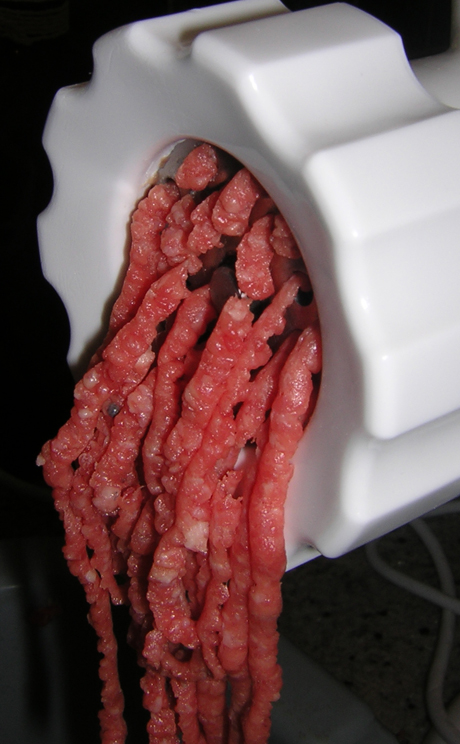Tyson Foods Inc., a Dexter, Mo. establishment, is recalling approximately 8,955,296 pounds of ready-to-eat (RTE) chicken products that may be adulterated with Listeria monocytogenes, the U.S. Department of Agriculture’s Food Safety and Inspection Service (FSIS) announced July 3, 2021..
 The frozen, fully cooked chicken products were produced between December 26, 2020 and April 13, 2021. The products that are subject to recall are listed here. View the labels here.
The frozen, fully cooked chicken products were produced between December 26, 2020 and April 13, 2021. The products that are subject to recall are listed here. View the labels here.
The products subject to recall bear establishment number “EST. P-7089” on the product bag or inside the USDA mark of inspection. These items were shipped nationwide to retailers and institutions, including hospitals, nursing facilities, restaurants, schools and Department of Defense locations.
On June 9, 2021, FSIS was notified of two persons ill with listeriosis. Working in conjunction with the Centers for Disease Control and Prevention (CDC) and state public health partners, FSIS determined there is evidence linking the Listeria monocytogenes illnesses to precooked chicken produced at Tyson Foods Inc. The epidemiologic investigation identified three listeriosis illnesses, including one death, between April 6, 2021 and June 5, 2021. During routine sample collection, FSIS collected two precooked chicken samples from two establishments that are closely related genetically to Listeria monocytogenes from ill people. One of the samples was collected at Tyson Foods Inc. FSIS is continuing to work with federal and state public health partners to determine if there are additional illnesses linked to these products.
Additional information on the investigation may be found on the Centers for Disease Control and Prevention website.
FSIS is concerned that some product may be in consumer and institutional freezers. Consumers should not eat these products. Institutions should not serve these products. These products should be thrown away or returned to the place of purchase.
FSIS routinely conducts recall effectiveness checks to verify recalling firms notify their customers of the recall and that steps are taken to make certain that the product is no longer available to consumers. When available, the retail distribution list(s) will be posted on the FSIS website at www.fsis.usda.gov/recalls.
Fast Facts
Illnesses: 3
Hospitalizations: 3
Deaths: 1
States: 2
Recall: Yes
Investigation status: Active
Frozen, fully cooked chicken products, such as chicken strips and diced chicken, and products made with fully cooked chicken, supplied by Tyson Foods Inc.
Shipped nationwide to retailers and institutions including hospitals, nursing facilities, restaurants, schools, and Department of Defense locations
Products include chicken strips, pulled chicken, diced chicken, chicken wing sections, fully cooked pizza with chicken, chicken salad sandwiches, chicken wraps, and salads with chicken
Brands include Tyson, Jet’s Pizza, Casey’s General Store, Marco’s Pizza, Little Caesars, and Circle K
Many of the recalled products have the establishment number “EST. P-7089” on the product bag or inside the USDA mark of inspection
See the list of products recalled by Tyson Foods Inc., including product and date codes, on these websites:






 agency said Wednesday.
agency said Wednesday. Costco’s food safety director and seemingly decent dude, Craig Wilson, said the company would begin buying beef trimmings for making hamburger from Tyson, one of the largest beef producers, after an agreement reached with Tyson this week that allows Costco to test the trimmings before they are mixed with those from other suppliers.
Costco’s food safety director and seemingly decent dude, Craig Wilson, said the company would begin buying beef trimmings for making hamburger from Tyson, one of the largest beef producers, after an agreement reached with Tyson this week that allows Costco to test the trimmings before they are mixed with those from other suppliers.
.jpg) A couple of judges have now agreed.
A couple of judges have now agreed.